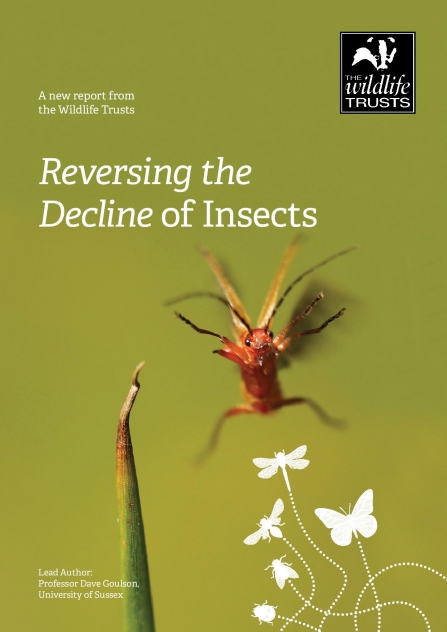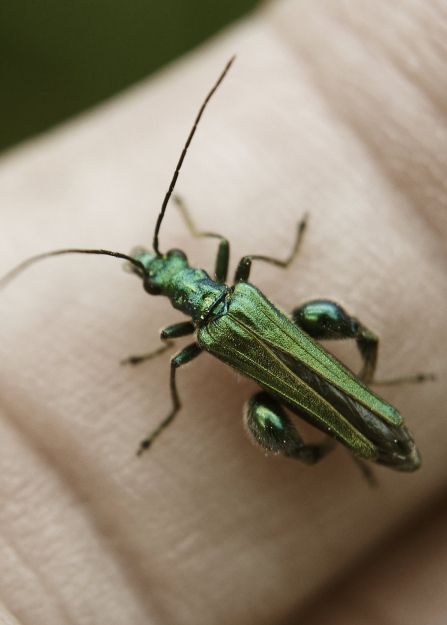
The report - 'Reversing the decline of insects' - cites examples of farmers, communities, councils and charities that are boosting insect populations and proving that it can be done.
The report comes at a critical time for insects. There is ongoing evidence for insect declines and the future of insects – and all life that depends on them – hangs in the balance as trade deals threaten to increase the use of insect-harming pesticides. Furthermore, the Agriculture Bill is progressing through Parliament, presenting a unique opportunity to ensure farmers pursue insect-friendly farming methods.
Today’s publication follows the ‘Insect declines and why they matter’ report, launched last year, which examined mounting evidence that insect populations are close to collapse and concluded that: “the consequences are clear; if insect declines are not halted, terrestrial and freshwater ecosystems will collapse, with profound consequences for human wellbeing.”







